Mr. Dao Xuan Lai, Head of UNDP's Climate Change, Environment and Energy Department, said that Vietnam needs large funding sources to achieve the net zero target by 2050.
Speaking to the press on the sidelines of the COP28 conference, Mr. Dao Xuan Lai, Head of the Climate Change, Environment and Energy Department of the United Nations Development Program (UNDP), assessed that Vietnam has set specific and ambitious goals after two years of committing to "reaching net zero by 2050".
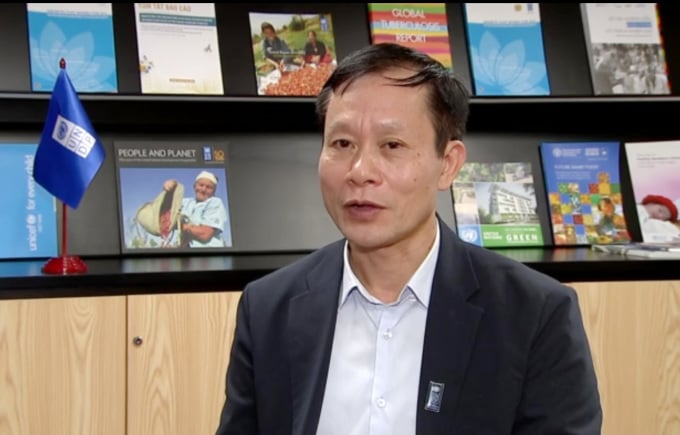
Mr. Dao Xuan Lai, Head of UNDP Climate Change, Environment and Energy. Photo: National Assembly Media
The National Climate Change Strategy to 2050 sets a long-term goal of low carbon emissions, ensuring net zero emissions after 27 years. The Vietnamese Government has issued an action plan to implement the Glasgow Declaration on Forests and Land Use to 2030, aiming to strictly manage natural forest areas, avoid deforestation and land degradation; an action plan to reduce methane emissions to 2030 to reduce emissions in the livestock, crop and fossil fuel sectors. An action plan on green energy transition, reducing carbon and methane emissions in the transport sector has also been issued. Power Plan 8 aims to strongly develop renewable energy sources.
At COP28 in Dubai (UAE), Vietnam and the G7, EU, Denmark and Norway (IPG) partners announced a plan to mobilize resources for the Just Energy Transition Partnership (JETP).
"Vietnam's achievements at COP28 will help strongly promote the green economy, circular economy, and digital economy. These efforts play an important role in reducing greenhouse gas emissions, saving resources, reducing environmental pollution, restoring nature and biodiversity," Mr. Lai assessed.
According to the UNDP representative, to successfully implement the commitment to net zero emissions by 2050, Vietnam needs to avoid the trap of a middle-income country and an economy that relies heavily on resource exploitation and has low human resources. The government needs to have a large investment plan to develop infrastructure and stabilize the macro economy.
Vietnam must shift its entire economy towards a green, circular, low-carbon economy. "To do so requires huge investment," said Lai, adding that investment in developing Vietnam's renewable energy sector alone will need $134.5 billion by 2030.
Thus, the $15.5 billion committed by the IPG and Glasgow Financial Alliance for Net Zero (GFANZ) partners for a just energy transition in Vietnam only contributes "a small part" of the total capital that Vietnam needs.
Mr. Lai suggested that Vietnam should invest heavily and promote the transfer of advanced technology for offshore wind power projects, solar panels, carbon capture, storage and use, green hydrogen, etc. High-level human resources and engineers for the green economy and renewable energy sectors also need to be trained to meet demand.
Major global corporations consider Vietnam an attractive market for investment in green, circular, low-carbon, high-tech economies. Therefore, Vietnam needs to promote strong institutional reforms and create a transparent, attractive, and safe investment environment.
Vietnam’s JETP Statement outlines four aspects, firstly ensuring affordable electricity supply mechanisms, especially for low-income people and vulnerable groups. Secondly, the transition from fossil fuels to renewable energy needs to support workers and vulnerable groups, with social protection measures for those who cannot retrain or do not participate in the new energy sector. Third, the energy transition must ensure local economic development, with people benefiting without affecting their livelihoods. Fourthly, all parties need to participate in the energy transition process.
"By strengthening capacity, reforming institutions, and exploiting the transformation opportunities of the entire economy, Vietnam can achieve the goal of net zero emissions by 2050 and sustainable energy transition," Mr. Dao Xuan Lai expected.
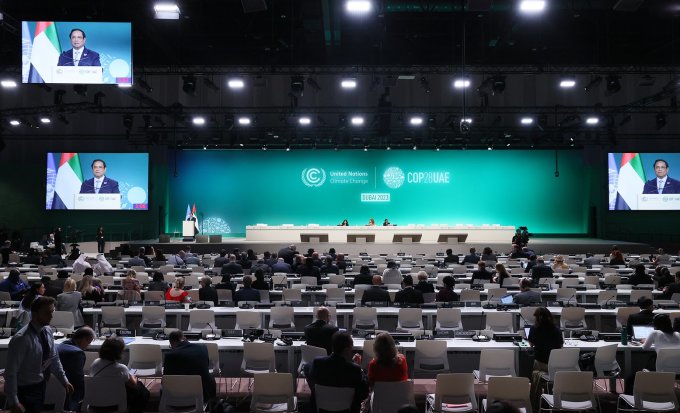
Prime Minister Pham Minh Chinh speaks at the World Climate Action Summit within the framework of COP28 in Dubai, United Arab Emirates (UAE), December 2. Photo: Duong Giang
Mr. Noel Quinn, Global CEO of HSBC Group, said he was very pleased and understood Vietnam's vision in implementing its commitments to combat climate change. HSBC will strive to contribute to realizing this vision.
HSBC is inspired by Vietnam's national green transition plan and "will do its utmost to help Vietnam succeed on this path".
Prime Minister Pham Minh Chinh attended the COP28 conference in Dubai (UAE) from November 30 to December 3, with many important activities.
On the afternoon of December 1, the Prime Minister announced the JETP between Vietnam and the International Partnership Group (IPG), asking relevant parties to soon reach an agreement to transfer the committed amount of 15.5 billion USD to support Vietnam in accelerating a fair energy transition.
Speaking at the World Climate Action Summit within the framework of COP28 on December 2, the Prime Minister asked countries to narrow the gap between commitments and actions to respond to climate change.
At the G77 Summit on Climate Change, the Prime Minister outlined three orientations for responding to climate change, including making science and technology a key area of cooperation.
Source link



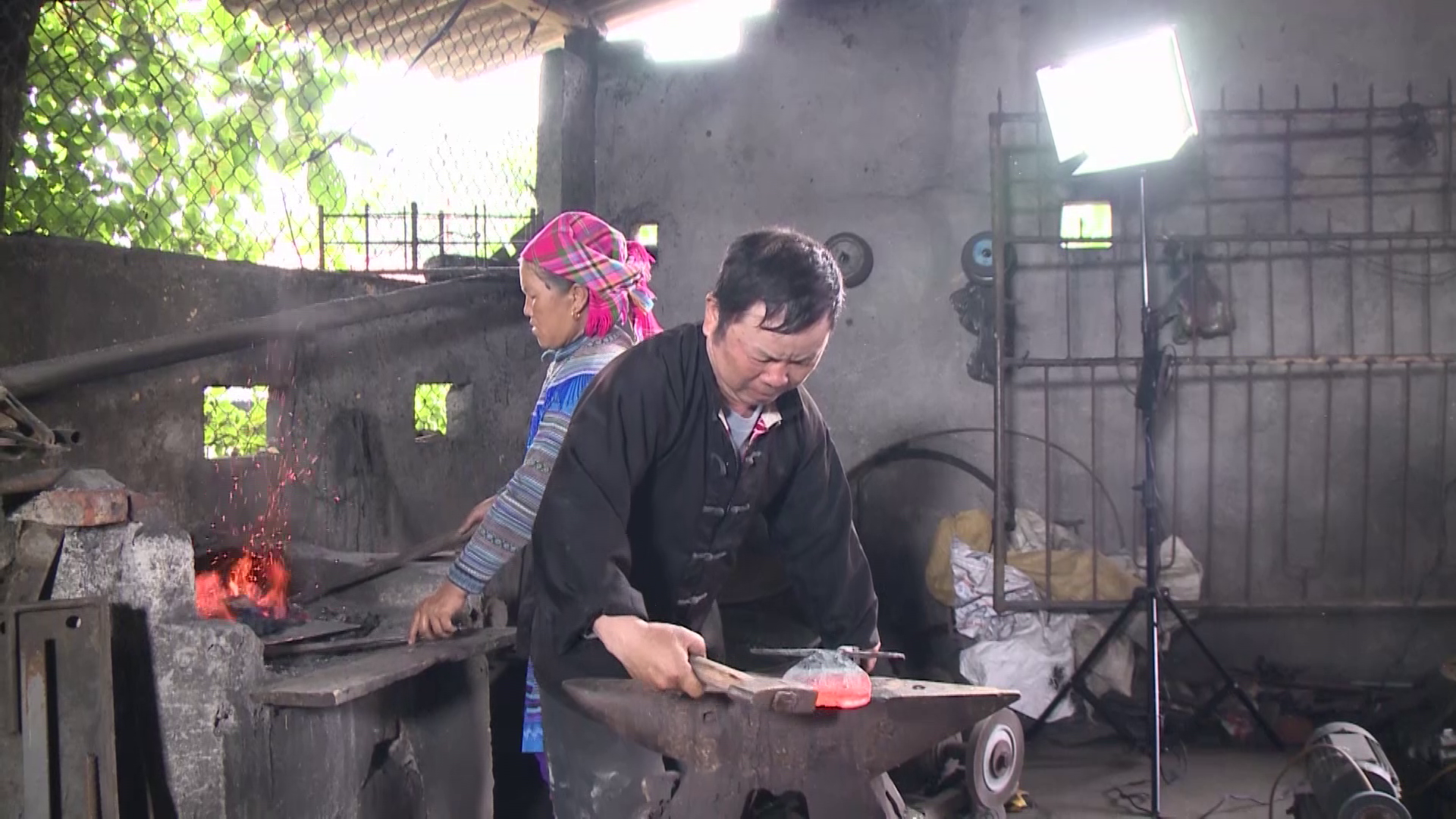
![[UPDATE] April 30th parade rehearsal on Le Duan street in front of Independence Palace](https://vstatic.vietnam.vn/vietnam/resource/IMAGE/2025/4/18/8f2604c6bc5648d4b918bd6867d08396)

![[Photo] Prime Minister Pham Minh Chinh receives Mr. Jefferey Perlman, CEO of Warburg Pincus Group (USA)](https://vstatic.vietnam.vn/vietnam/resource/IMAGE/2025/4/18/c37781eeb50342f09d8fe6841db2426c)

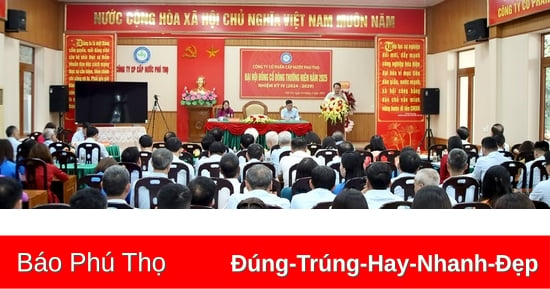

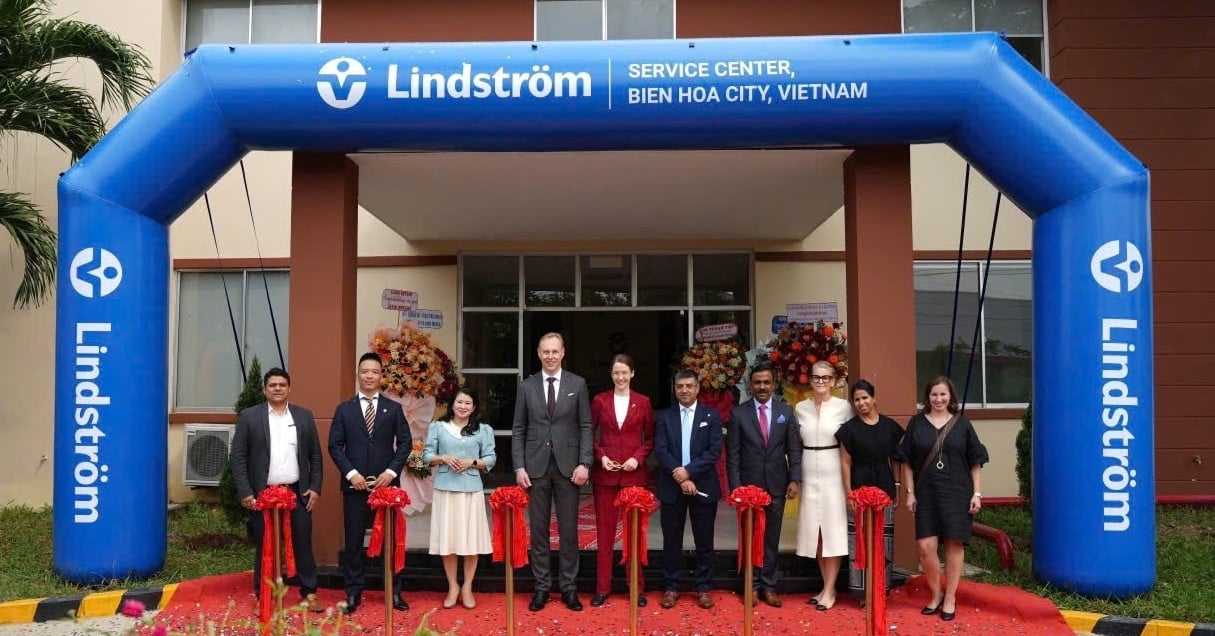

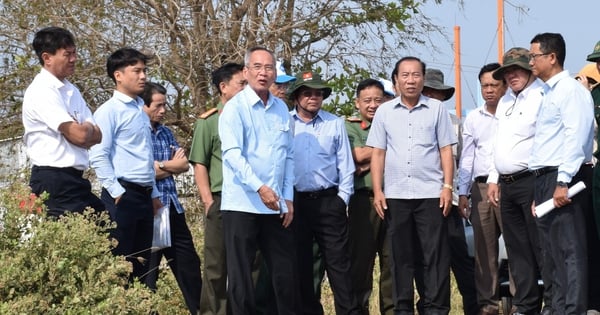

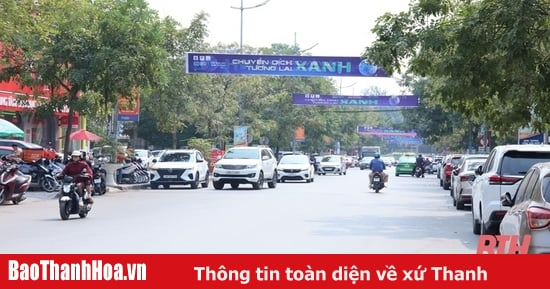




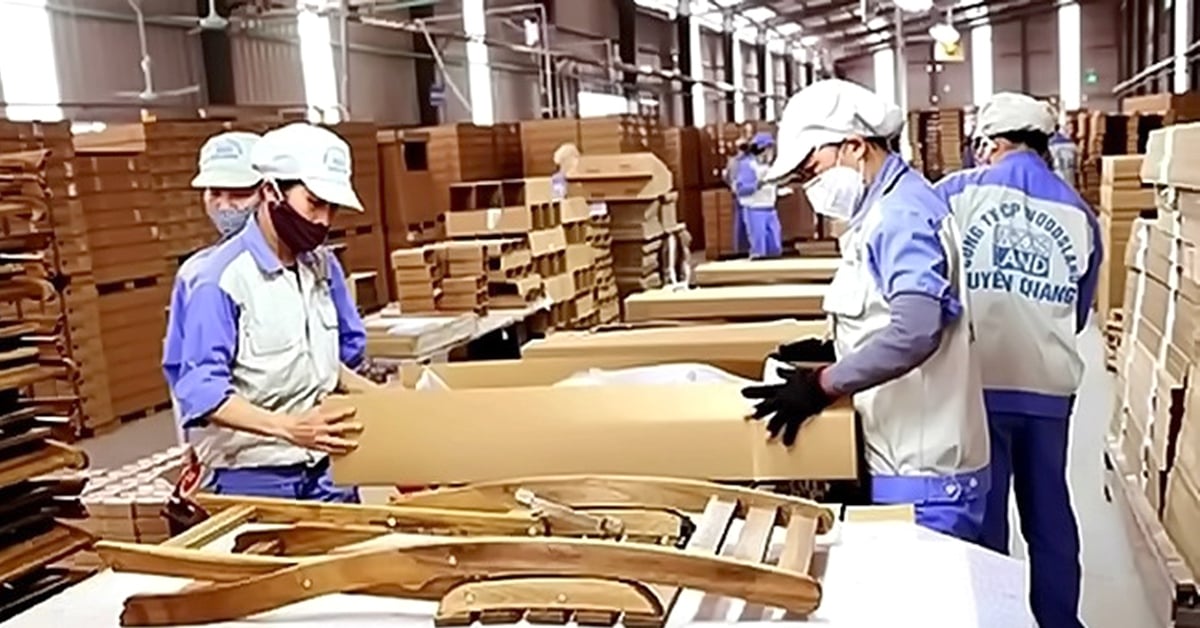
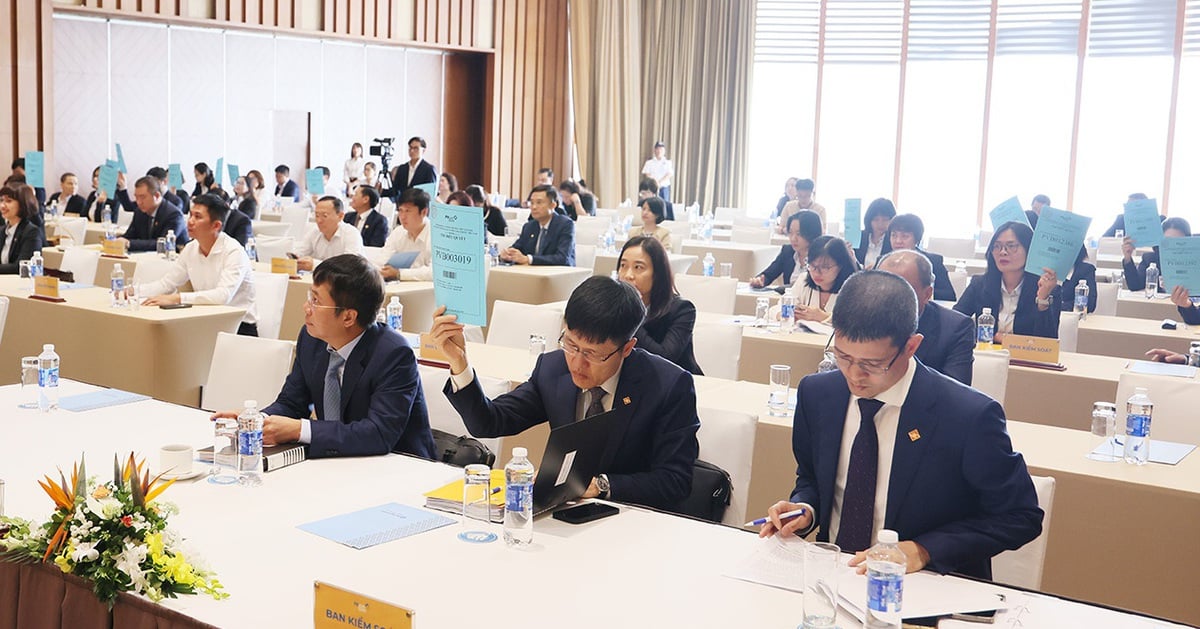

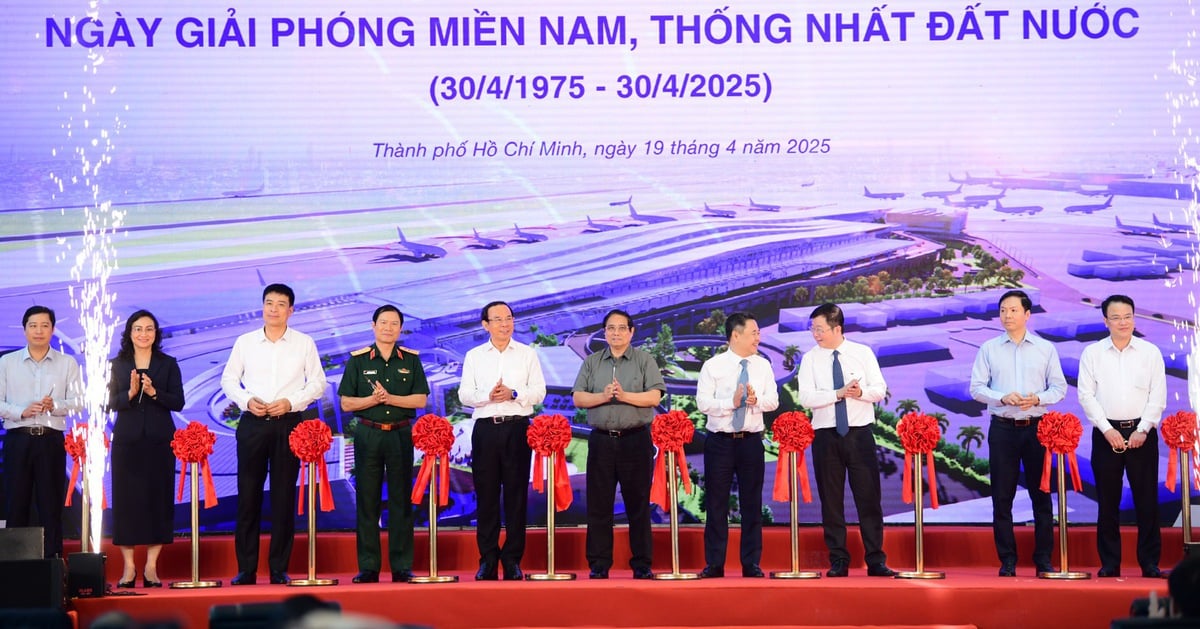
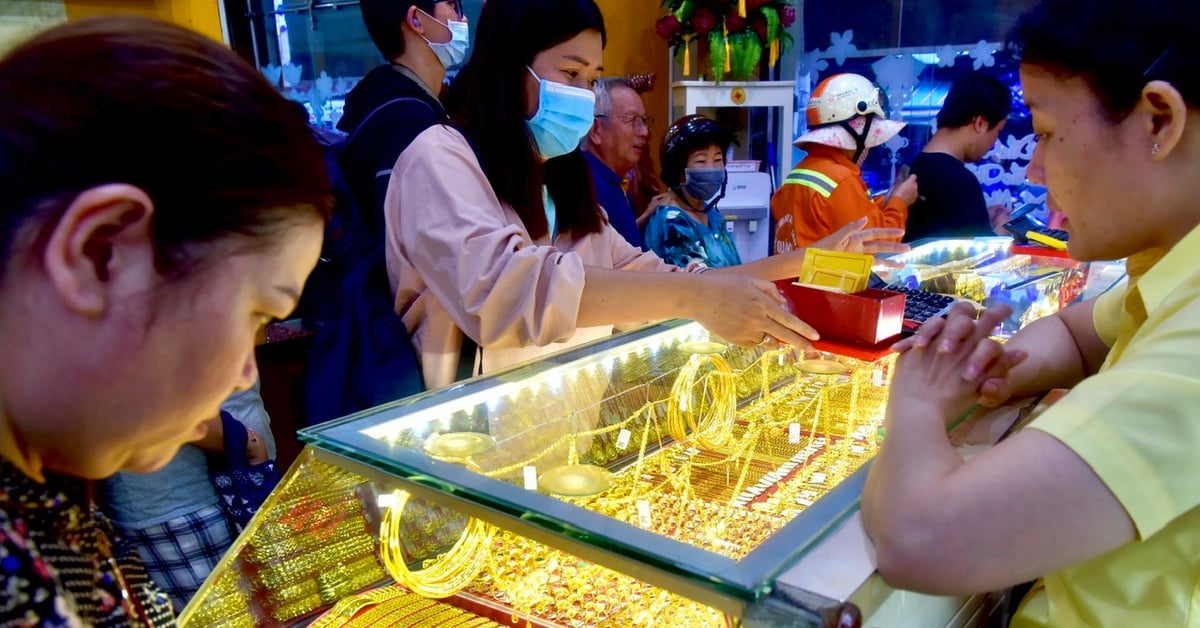













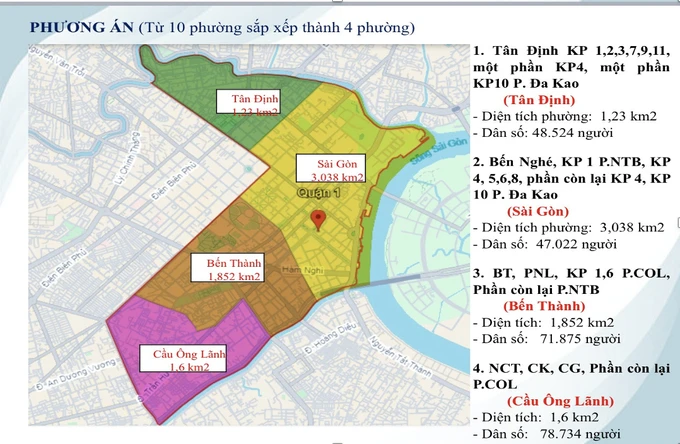





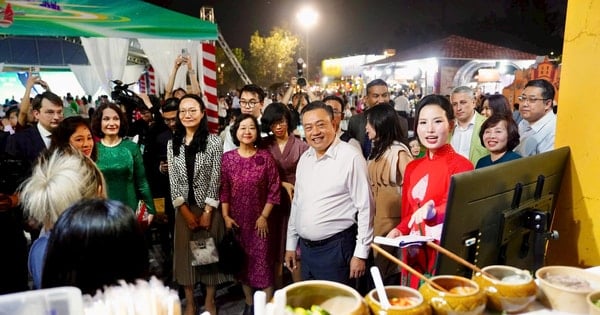

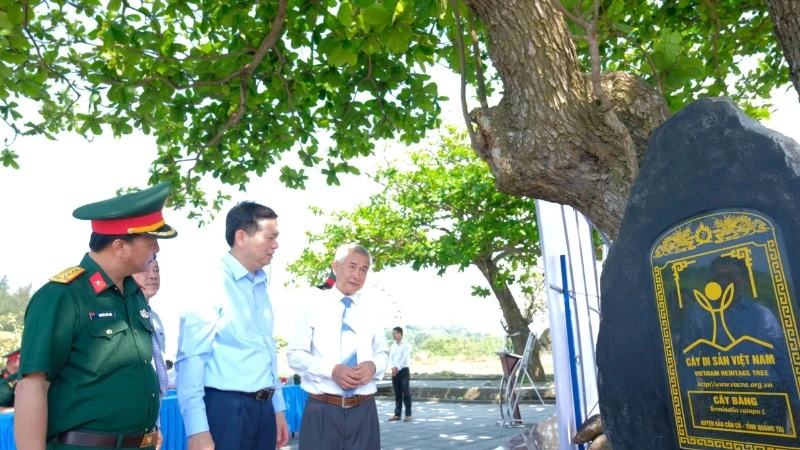













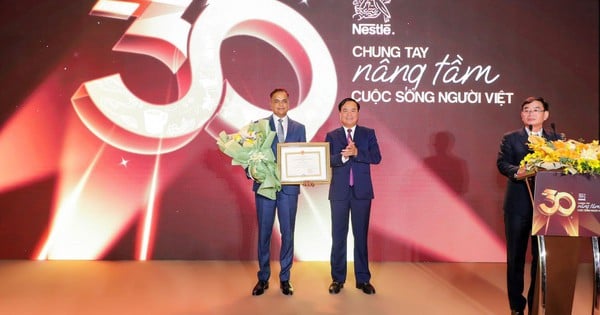
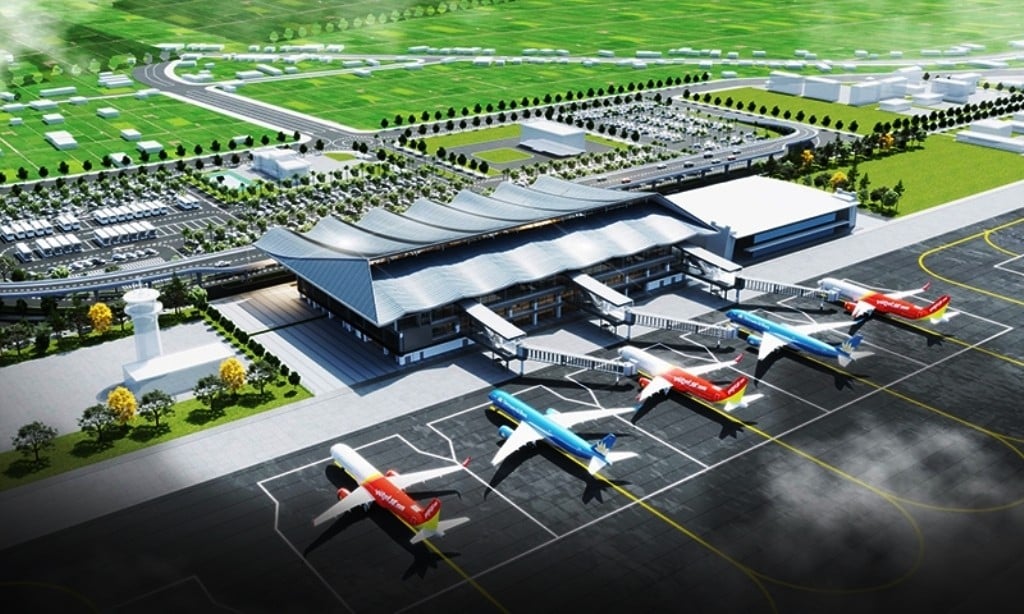
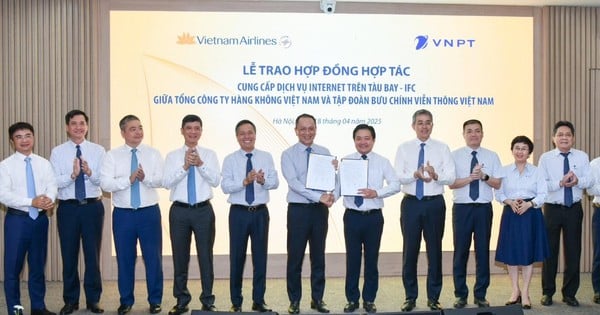







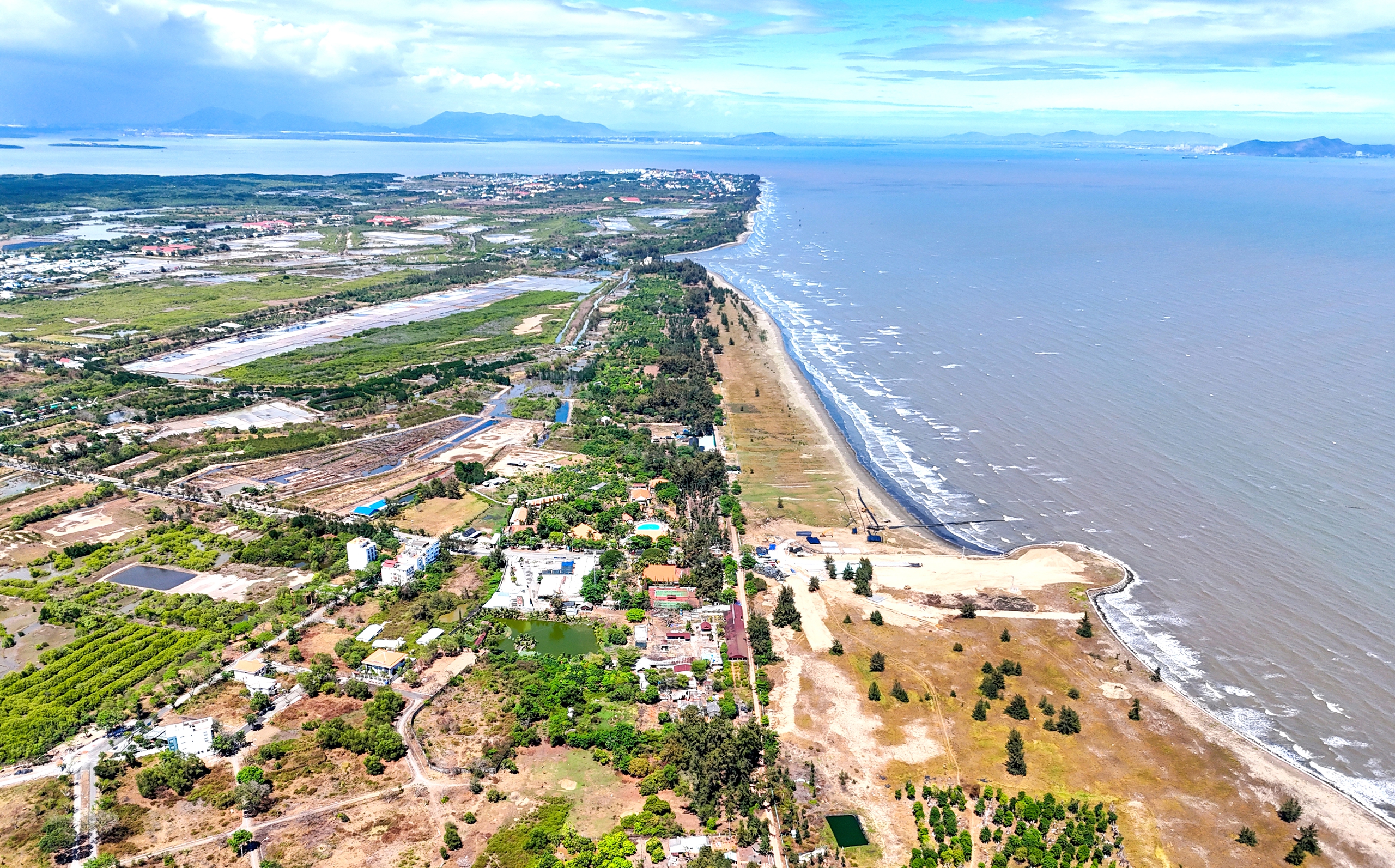





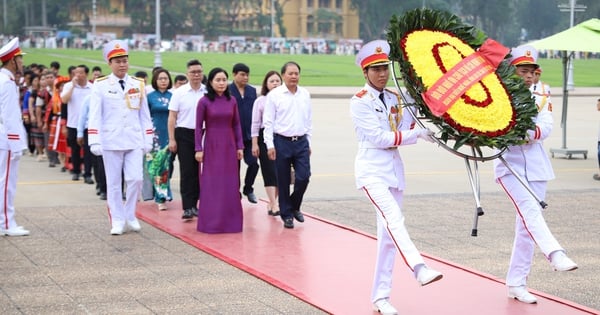

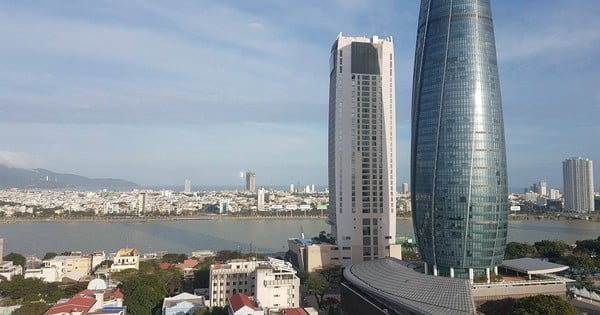
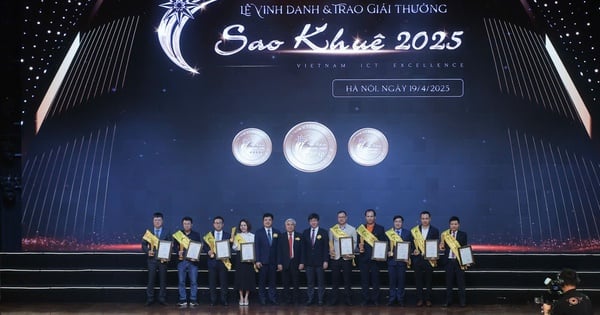




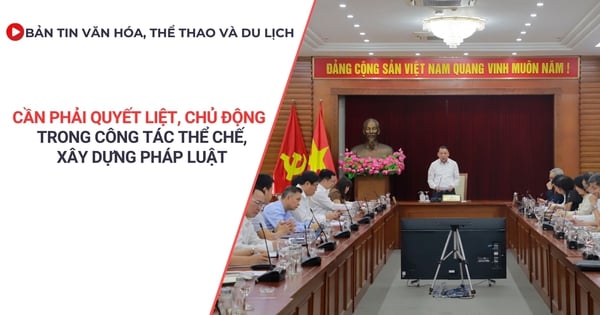


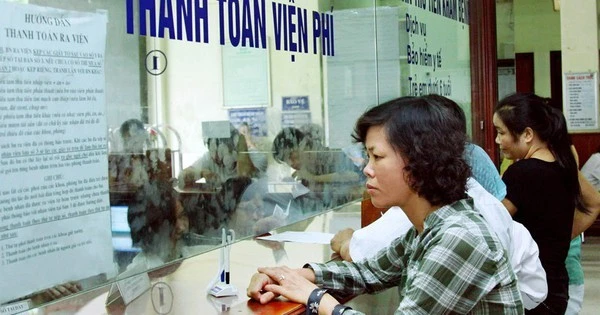

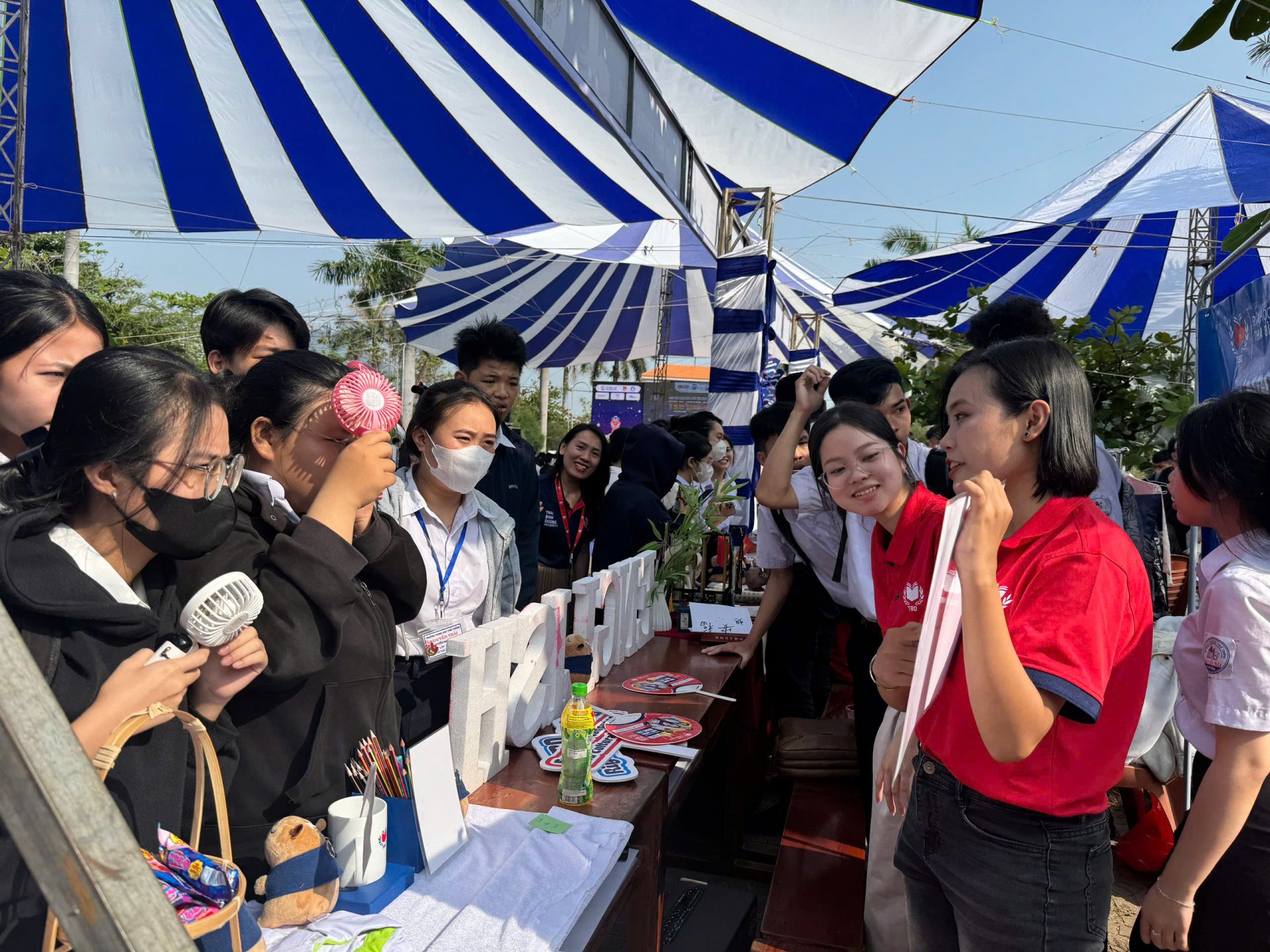

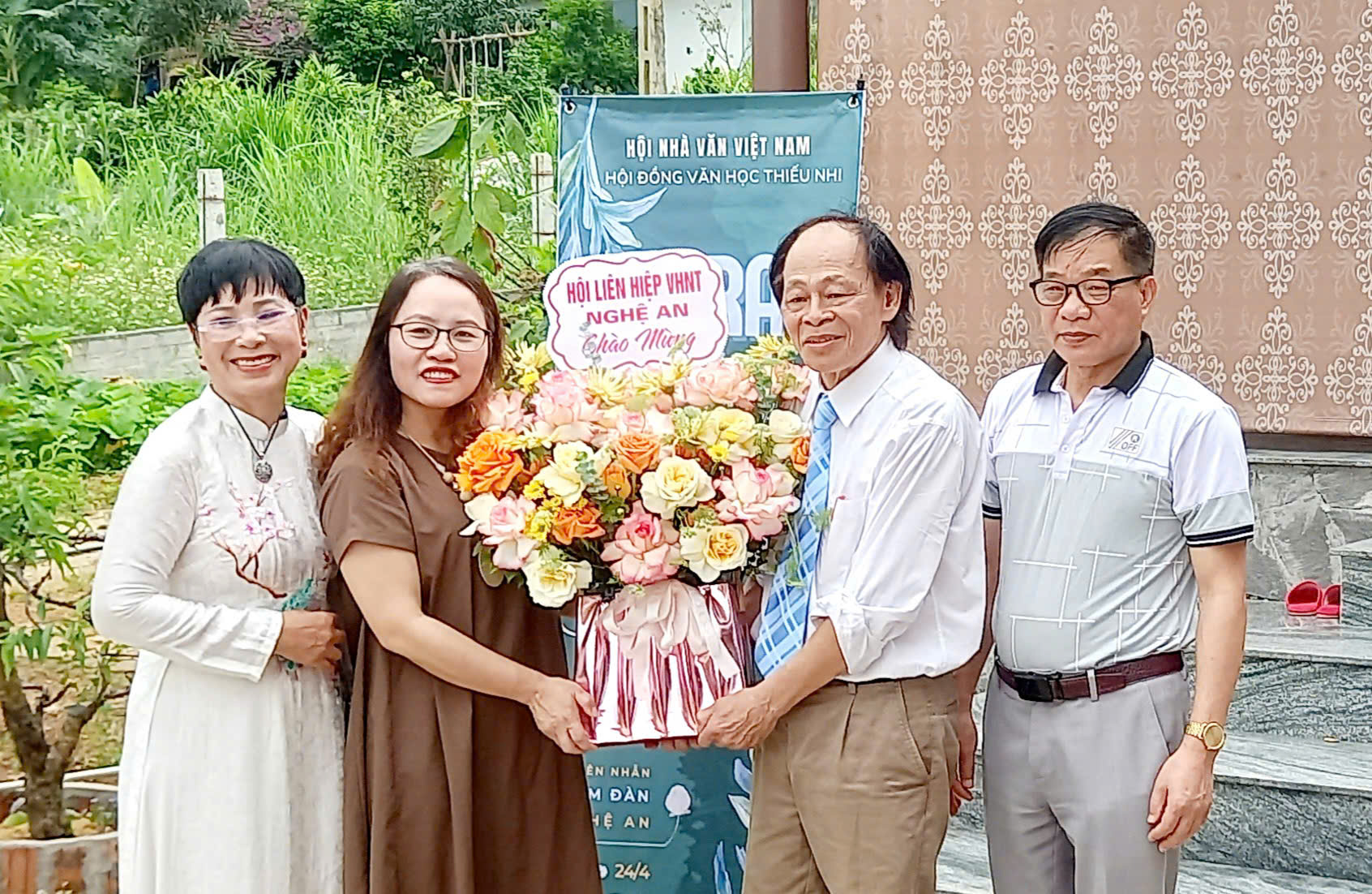
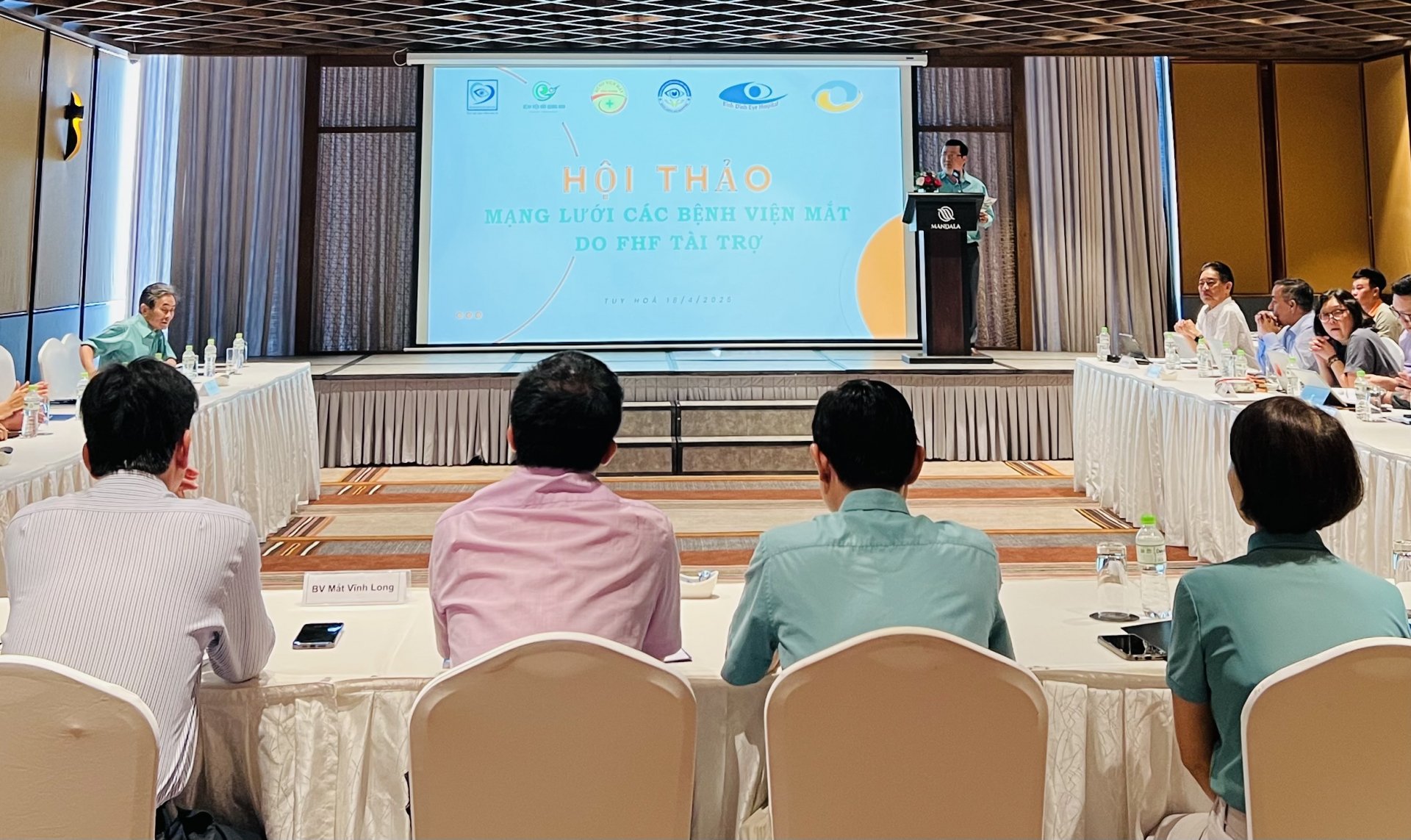











Comment (0)